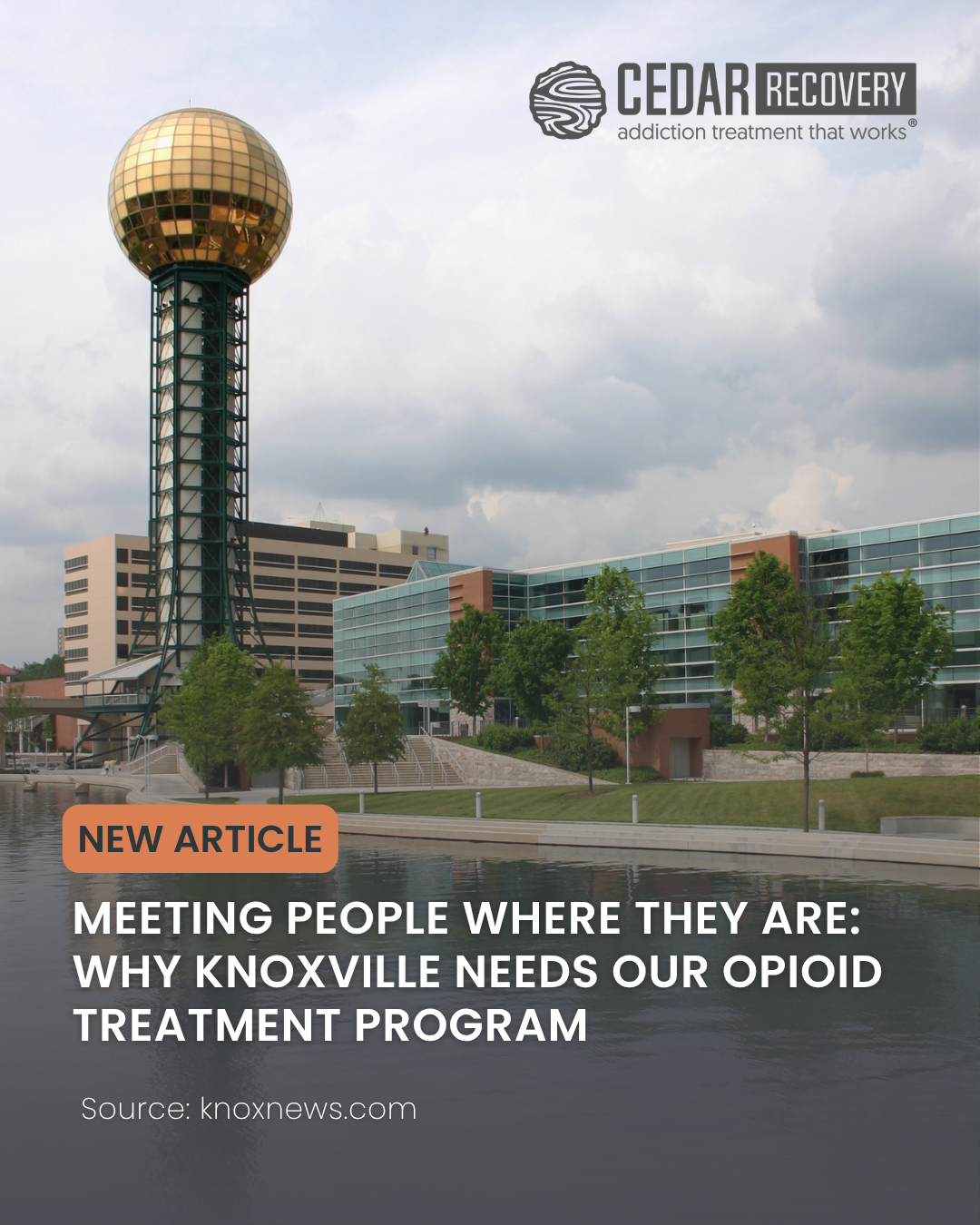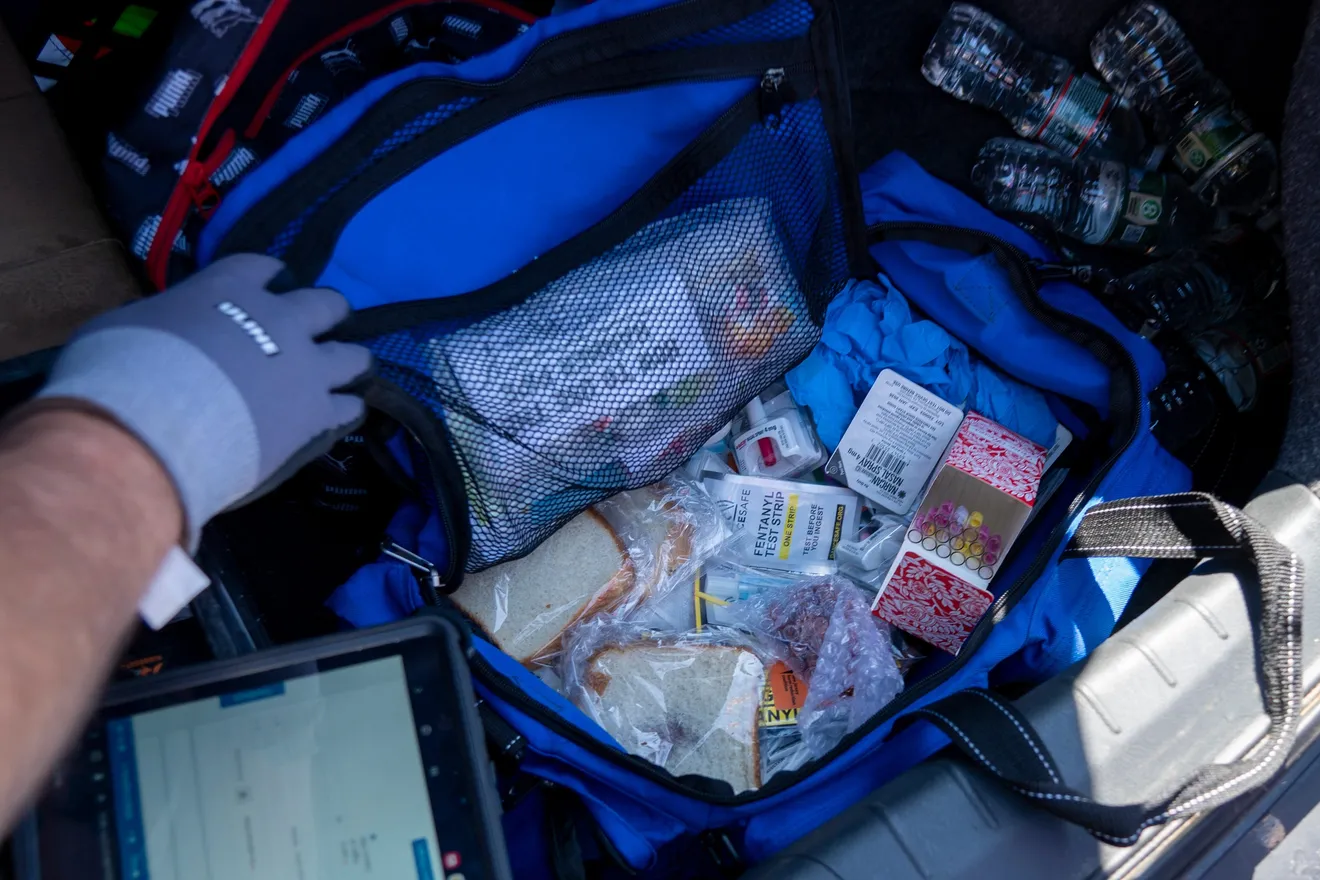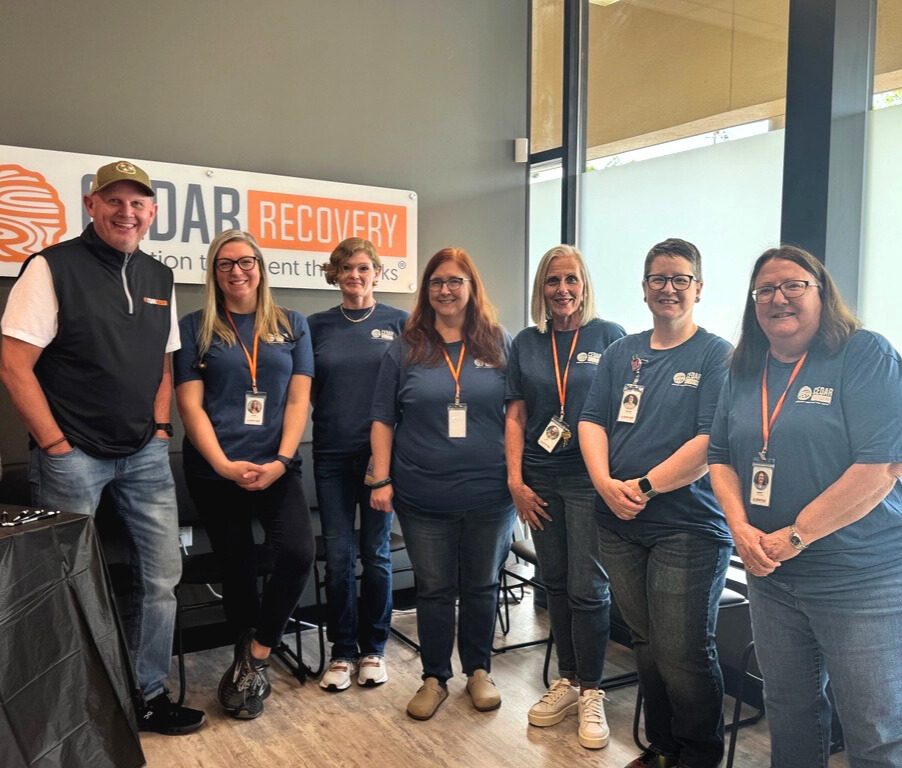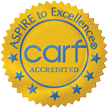
There’s a new storefront in the Kroger shopping center on Chapman Highway. Inside you’ll find art on the walls, neatly aligned chairs, and comfortable treatment rooms. Outside is a sign reading Cedar Recovery – a new Opioid Treatment Program (OTP).
If the idea of a methadone treatment center unnerves you at first, I understand.
In 2010, I lost my father to a drug overdose. I entered law enforcement with the mission of locking up all the “bad guys” because of the harm that had been done to my family and me. I believed people like my father needed to be punished.
I ostracized and stigmatized individuals who were using drugs, and those who were using medications like methadone – just “trading a drug for a drug,” in my view. It was only later that I learned that the disease of addiction was responsible, and that treatments like methadone and buprenorphine (commonly known as “Suboxone”) are truly lifesaving and considered the gold standard of care.
I shifted into policy to advocate for better practices in addiction treatment. What drew me to Cedar Recovery in 2020 was its clear, unwavering commitment to a compassionate and evidence-based model of care. Medication-assisted treatment saves lives, and right now, lives in Knoxville are at stake.
In 2023-24, Knox County had an overdose death rate of 84 per 100,000 – higher than almost any other metro area in the U.S., and higher than the rate in West Virginia, which is often cited as ground zero of the opioid crisis. And yet, until recently, the county had just two OTPs (methadone programs), both run by the same company. There was no way they could meet the full need, as the data makes clear.
The Substance Abuse and Mental Health Services Administration reports that 2.57% of Tennessee adults struggle with opioid use disorder. When you apply that metric to Knox County and compare it to data from the Tennessee Department of Mental Health and Substance Abuse Services on how many people are receiving treatment here, the size of the gap becomes clear: In Knox County, just 17% of the treatment need is being met, qualifying it as a “high-need” area under the state’s definition.
A model of care that treats the whole person
But the data is just what helped get us here. What we bring is a philosophy – to love people unconditionally, forgive habitually, and demonstrate mercy – and a whole-person approach that meets people where they are.
We combine medication-assisted treatment and counseling; our Peer Recovery Support Specialists have made the journey from illness to wellness and foster a sense of companionship and community. We offer afternoon and evening hours to increase ease of access. Based on what we see at our other Tennessee facilities, we expect to have 80% retention after six months and 75% after one year. This is important because the longer someone remains in treatment, the more likely they are to fully recover.
We’re working hard to become part of the community as well, as with our work with The University of Tennessee Medical Center, whose emergency room team now coordinates warm handoffs from overdose patients to our treatment team. We’re proud to support The Gateway, a facility run by the Metro Drug Coalition that connects people to prevention, harm reduction, and recovery resources all under one roof.
Partnerships with community extend recovery program’s outreach
We’re also proactively building bridges with OB-GYNs to support pregnant women who are battling opioid use disorder. Our medical director, Dr. Jennifer Anderson, is a board-certified OB-GYN and is fellowship trained in Addiction Medicine – highlighting our commitment to serving these delicate patients.
And we’re investing in justice-involved populations. We currently work with jails in Claiborne, Giles, Bedford, and Wilson counties; over 90% of the individuals we’ve worked with there have remained engaged in treatment post-release. We hope to offer the same services to Knox County in the near future.
Everything we do centers on a simple but powerful idea: Meet people where they are. Not just physically, but emotionally and socially. When someone walks through our doors we don’t punish them for their past. We work with them on their future.
We understand the stigmas that exist. We also see, truly see, the people we serve. Some of our patients suffered extreme childhood trauma. Some of them make six figures. So many of them have full-time jobs. They’re unbelievably disciplined, showing up day after day. By taking medication, they are in recovery. And they are all around you.
It took me years to realize that my dad’s death wasn’t his fault – his disease was to blame. If we, as a community, can be bold enough to meet people where they are, we can stop this disease from stealing anyone else.
SOURCE: Knox News






